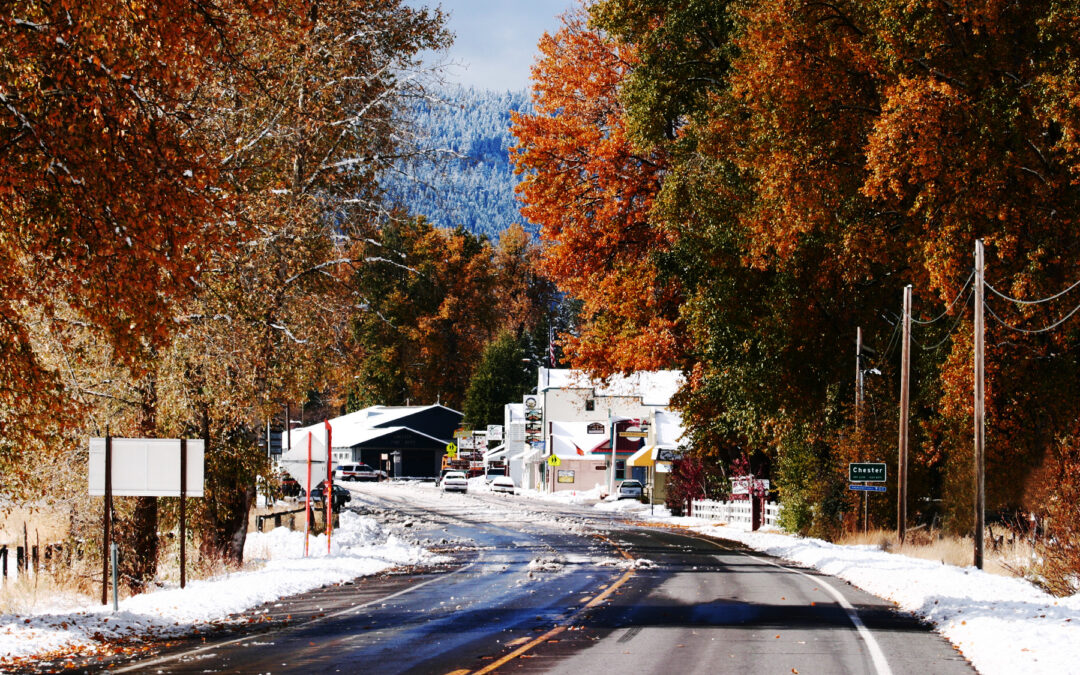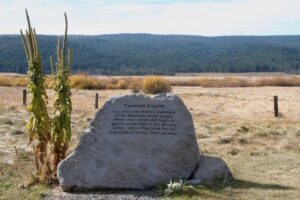Volunteerism, a way of life in rural America.
Statistics show that volunteerism is on a decline throughout America except in rural America where communities have always been dependent on one another. This has been proven over and over again in Plumas County, when the 60-day run of the Dixie Fire wiped out two towns, cutting a path and destroying 1,000,000 acres of forest.
And, locals do not think of it as volunteerism . . . they think of it as a way of life whether the need is as devastating as a wildfire or just a neighbor in needing helping hand, i.e., lift to an appointment, picking up groceries, or just lending an ear. It is the neighborly thing to do in rural area – not being a volunteer.
Rural is an attitude not a place.
Rural versus urban is an attitude that cannot be challenged. Within days of the Dixie fire, the newly founded Almanor Foundation, still in their infancy and solely run by volunteers, started a Wildfire Relief Fund. With board members evacuated and scattered over two states, funds were raised for those displaced. And, as time wore on, for those who lost their homes, jobs, and security. The Almanor Foundation, along with North Valley Community Foundation issued grants for food, clothing, gas, and temporary housing. In the immediate aftermath so many, many local people and businesses stepped up to assist. And, with time, the giving and compassion have continued.
Rural commitment to the land and people
The Maidu Summit Consortium (MSC) lost many acres of forestation across their lands, including in the 2,325 acre Tásmam Koyóm that they had just re-acquired. Members of MSC, struggling as a people who had also lost their town and homes, organized a logging jamboree to raise funds to begin reforesting the land.
Senior officers and many employees of Collins Pines, the largest employer in Chester, never left town even when the fire knocked on the town’s door. When the fire appeared to be ready to destroy again, Collins employees worked side by side with firefighters to make sure Dixie did not take another community. Eventually Collins lost 50% of their forestation. But the company’s loss did not affect their commitment to the community. In the aftermath of the fire, Collins donated over $275,000 to the community to support recovery and rebuilding efforts.
Debbie and John Crotty, owners of Quail Lodge, lost everything when Dixie leveled Canyon Dam, leaving only their lodge’s sign untouched. When they returned to the area after the fire, their first question was, “where can we help”. John, president of the local fishing association, mobilized his members and friends to assist in delivering wood to those displaced and facing the coming cold of winter.
These are just three stories of the unselfish spirit that thrives in rural communities where “being neighborly” remains a way of life. So being a volunteer may no longer be a popular choice for some, but it is alive and well in rural America, sometimes forgotten as the backbone of America.



